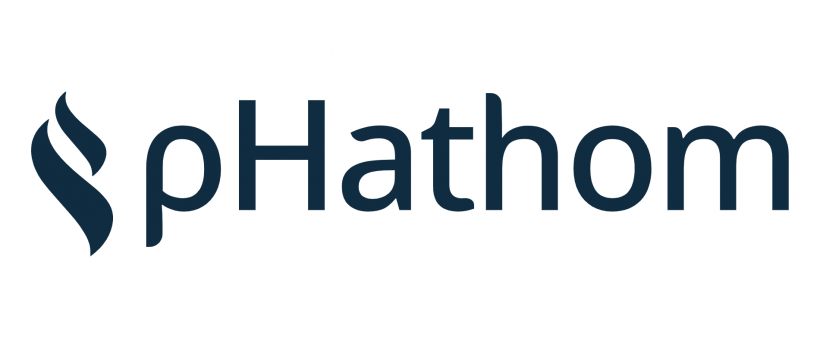The National Angel Capital Organization is focusing its effort to develop angel networks in certain areas like Atlantic Canada and believes its Angel Summit in Halifax next month will be a “critical” step in achieving the goal.
The mission of NACO, as the Toronto-based organization is known, is to develop networks of angel investors across the country and educate them on best practices in sinking their money into startups. As part of this endeavor, the organization will hold an Angel Summit in Halifax on Sept. 16 and 17 in collaboration with the latest Invest Atlantic conference, titled Funding Founders. You can buy tickets for the two events here.
In an interview in Toronto this week, NACO Chief Executive Claudio Rojas said there are various regions of the country – largely those outside the major cities – where more needs to be done to gather and educate angel investors. The effort is needed in order to bring early-stage capital to young companies and prepare them for larger investment rounds.
“Angel investors take a leap of faith on entrepreneurs every day – they’re the bedrock of any startup community,” said Rojas, who took over his position earlier this year from Yuri Navarro, who left to join Panache Ventures. “We’re especially interested in the parts of Canada with high-potential founders that would benefit from better access to early-stage capital.”
Angel investing is the funding of startups by individuals. It often involves local groups that can attract and vet young companies and bring them together with enough investors to raise a meaningful amount of capital. NACO is the Canadian body that supports these local groups by teaching angels best practice, researching the industry and broadening each group’s network.
Angel investing is a hot topic in the Atlantic Canadian startup community because several interests are coming together to form new angel groups. The First Angel Network, which had been the region’s first angel cluster, closed its doors earlier this year, which sparked interest in forming other groups.
Rojas estimated there could be three or four angel groups emerging in the region and, including family offices (which make investments for wealthy families) and other groups, there could be about 10 funding private bodies in the region soon.
NACO Manager of Education and Research Caroline Bracht added that there could be a wide diversity of groups, amplifying the support for specific groups. For example, the Atlantic Women’s Angel Investment Fund, which is one of the nascent organizations, should offer particular support to female founders.
The gestation of all these groups is one reason Rojas and his team believe the NACO Summit next month will be a crucial step in growing the angel community in the region. It will be an opportunity for potential angels and angel groups to learn the best ways to invest, how to diversify a portfolio and how to draw on the resources of groups in other parts of the country.
“I see it as critical,” said Rojas. “It’s an opportunity to collaborate with others in the region . . . and to do something on a level that hasn’t been seen before.”










